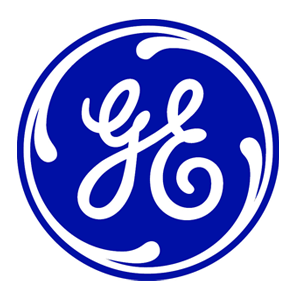Why GE Foundation invests in standardized K-12 learning
Why GE Foundation invests in standardized K-12 learning
GE Foundation, the philanthropic arm of General Electric Co., focuses much of its efforts on public education. In the last seven years, the nonprofit has donated $200 million to help develop a more standardized K-12 curricula nationwide. Of that, $18 million was earmarked to help train teachers on the new Common Core, the new national standardized curriculum and testing initiative that has been adopted by 46 states.
I recently asked Robert Corcoran, the foundation's president and chairman, to talk about General Electric Co.'s (NYSE: GE) commitment to public education, and what U.S. schools must do to stay competitive globally.
You quote some disturbing numbers related to high-school graduation here in the United States.
In 2009, the U.S. ranked 21st in graduation rates. In the 1970s, we were first.
By 2018, there will be 3 million fewer high-school graduates in the U.S. than we will need.
In math, we rank 25th of 34 countries. In science, we’re 17th of 34.
What must change to improve our K-12 education?
The U.S. educational system is not competitive based on worldwide standards. For example, there is cyclical teaching here in which grades later, teachers cycle back to the same courses. There is no logical flow of what students are being taught. It’s not a coherent system.
Many students are not taught critical thinking. They are asked questions on tests like, ‘Describe a perfect day...’ Learning is about data.
We have found that companies choose other countries because of their education. Fundamentally, it is the United States versus the world.

